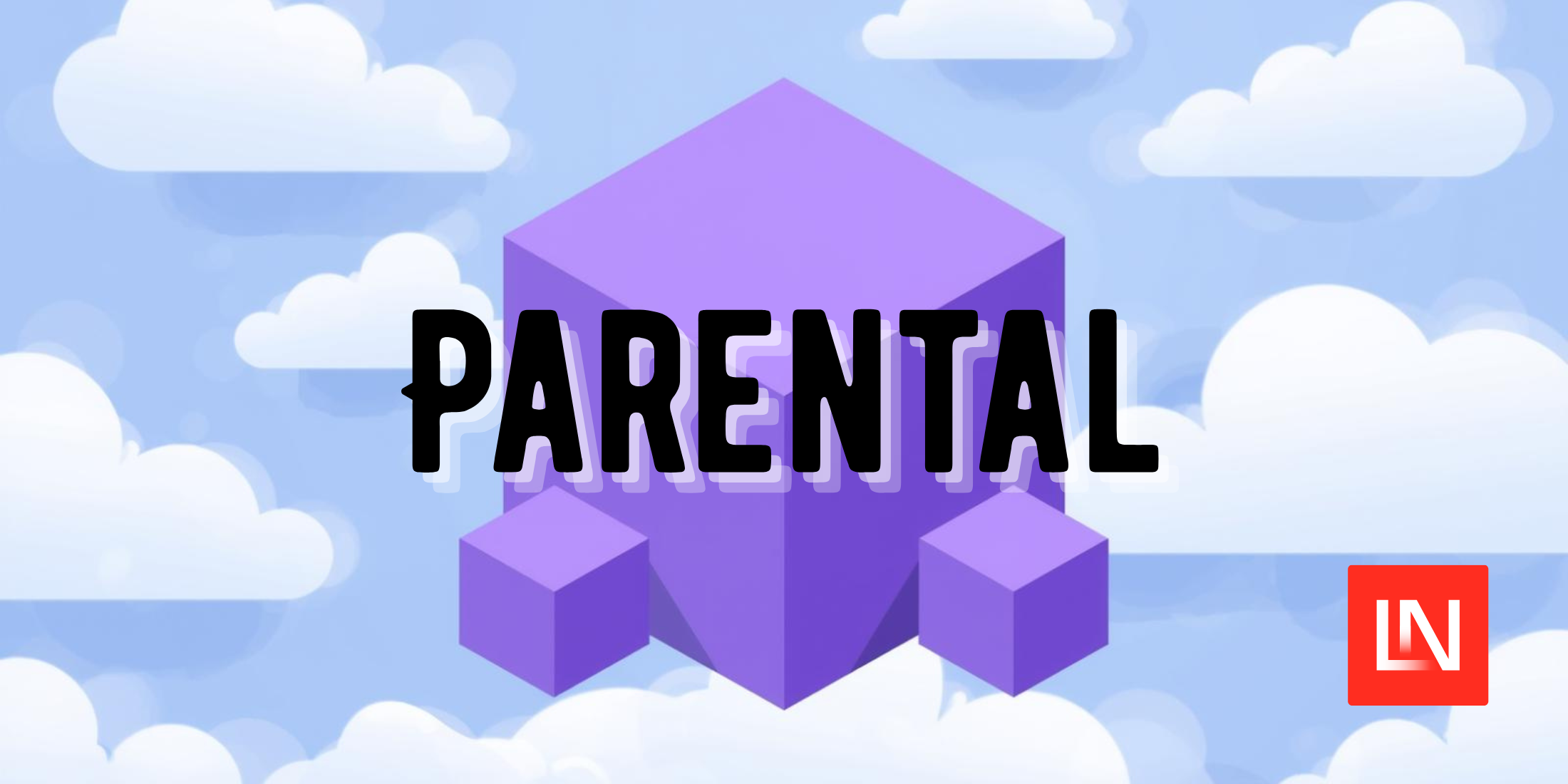Communication can not work without empathy and that’s why empathy is hopefully the most important factor in your company’s culture. Every once in awhile, someone does a talk or writes a post about why empathy is important and why it should be your number one skill. These are very informative, but most of them are missing one key factor: what doesn’t constitute as empathy. Let’s jump right in.
Empathy is not sympathy. Sympathy is feeling pity and sorrow for someone. Pity is conjured up when you witness someone’s misfortune and have an uncomfortable, negative reaction to their circumstance. Pity can sometimes be sorrow, but it is often based in shame. You feel ashamed for the person that got reprimanded by their boss in front of the entire team. You want to grant mercy to the person clearly bombing their presentation to the client.
Do you see how these things aren’t empathy? Often, to have true empathy, you must set aside your feelings about the situation in order to net the best result. Pity, sorrow, and shame are useless emotions; they lead to embarrassment and that often leads to isolation which is at odds with empathy. When you are truly empathetic, you may feel those emotions, but you don’t let them take control of the situation.
Empathy isn’t liking everyone. Another common misconception is that you must have positive feelings about a person to truly empathize with them. This is false. Though it is extremely difficult to feel any empathy whatsoever for people you disagree with, liking a person is not a prerequisite to feeling empathy. In fact, empathy is most powerful when shown for people you don’t generally get along with. Why? Because empathy is hearing everyone out, especially when you dislike them.
A very poignant example is when you disagree with someone politically. The empathetic thing for both parties to do is to hear the other side calmly and articulately explain their views. When both sides listen intently and keep emotions out of it (which is incredibly difficult), they can have a productive and informative discussion. Unfortunately, we allow our personal feelings get in the way of having a fruitful dialogue. Imagine a world where we all could just talk to each other without fear or judgment. What does that world look like? This is why empathy is so important. Now, take that concept and use it at the office.
Empathy does not equal hugs. There’s nothing wrong with hugs; hugs are great. Hugging people, however, has very little to do with empathy. What are the benefits of hugging? There are plenty. Hugging increases serotonin in your brain, making you happier. Hugging also releases a hormone called oxytocin which promotes attachment in relationships. Hugging may also keep you from getting sick; since hugging benefits relationships of all sorts, it also helps people feel they have social support. More support means less stress, and less stress means you are less likely to get sick. Although all of these are great, nowhere in the research does it say hugging is empathetic.
Here’s the caveat of hugging and empathy: they are both a byproduct of compassion. Being an empathetic friend means occasionally giving a hug when one is needed. That’s not because you just want to give your friend a hug. It is because you have internalized their struggle or joy, and you know they need an embrace to feel connected in the moment. When you are dealing with a coworker having a bad day, however, hugging isn’t as appropriate. Maybe they just need your ear for a few minutes or would benefit from being taken out to lunch.
Here is the bottom line: in all of these situations mentioned above, empathy is consistently the verb. Byproducts of empathy may be changing your mind about someone or feeling compassion towards a person you previously disliked. It may also be learning to put pity or shame aside to forge ahead when you’ve reached an impasse. To foster empathy in your life, you must first tackle anti-empathetic actions. Once you do that, you’ll have a much easier time showing empathy to everyone that crosses your path.
Sharon is an empathy consulting, public speaker and writer. She has over a decade of experience creating and managing content for businesses. A lifelong stutterer, she utilizes her experiences with her speech along with her background in marketing to help companies communicate more effectively both internally and with their target audience. She writes and speaks about improving communication through empathy. She lives in Pittsburgh.











